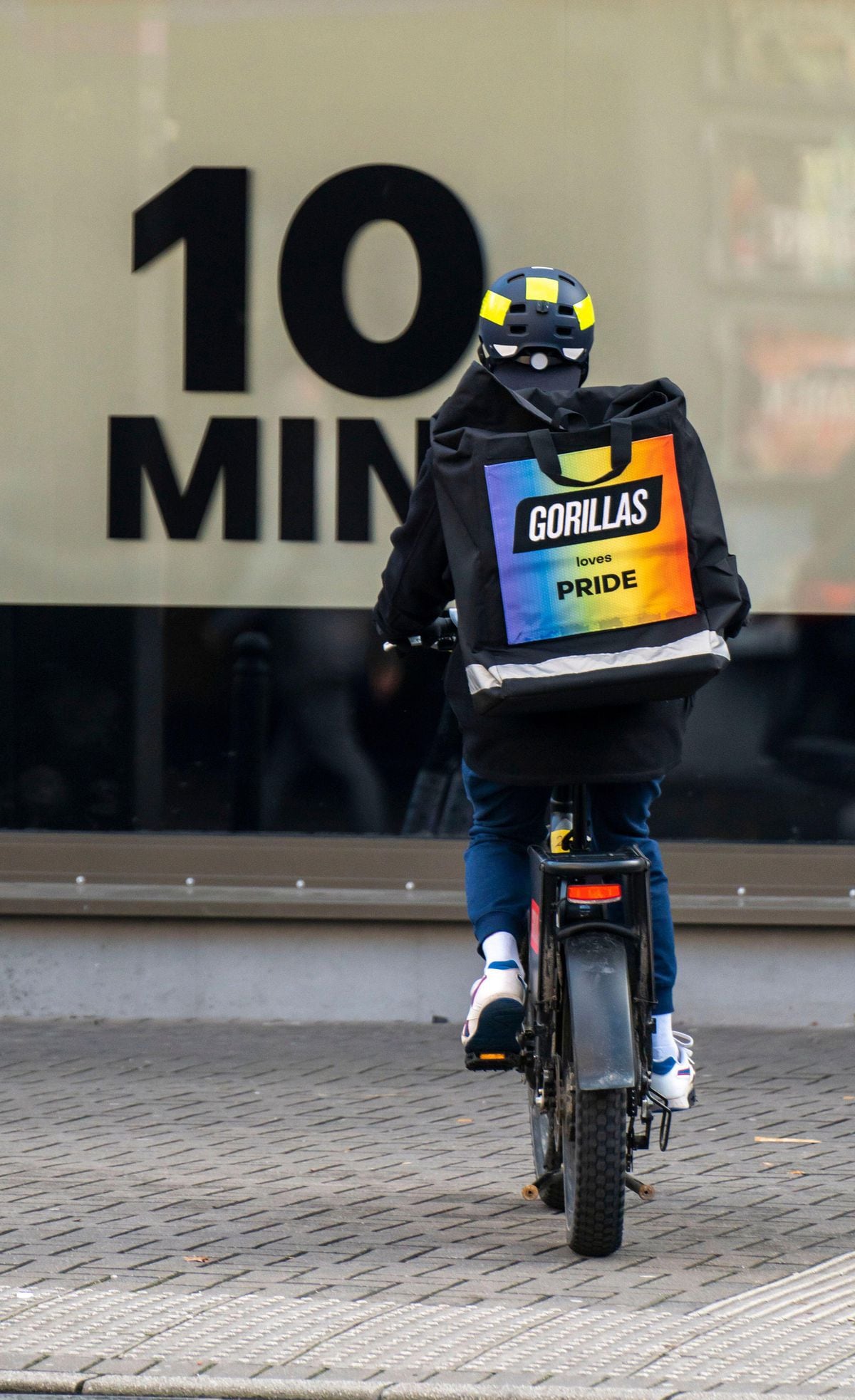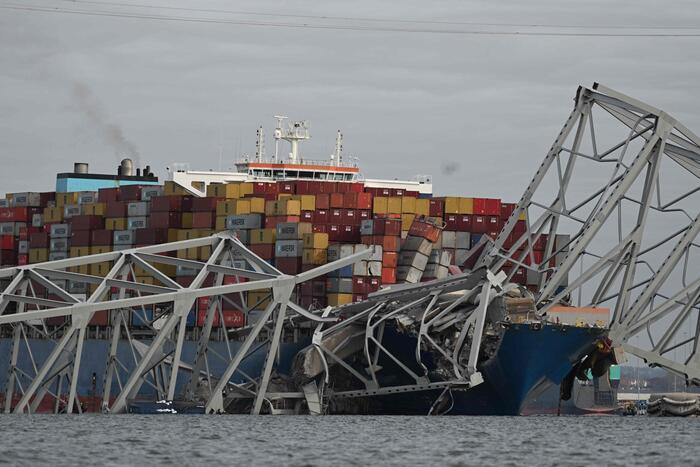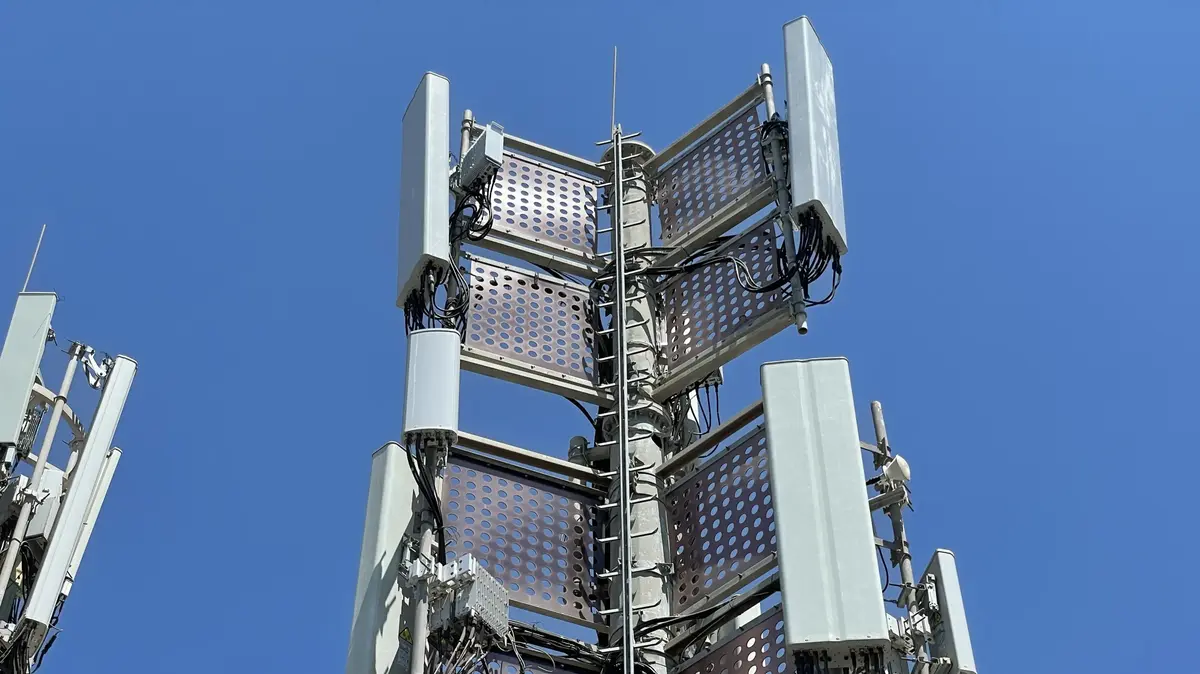In New York, Berlin and Madrid, start-ups
are being fired and closed completely or partially
, most of them having reached the category of unicorn in just over a year (a company valued at 1,000 million dollars).
Gorillas, Jokr, Getir, Gopuff are the best known names, others like Buyk, Fridge No More or Zero Grocery have disappeared as quickly as they appeared.
They were born fed by the urgency neurosis and comfort of confinement and now they have lost their attractiveness.
Leaving the house for a loaf of bread is no longer epic and can even be enjoyable.
Investors, however, assumed that certain lockdown habits were "here to stay."
Well, in 2022 we already know that, fortunately, dystopias will go where they came from and that part of the pleasure of consumption is in exposing yourself to chance, chance and human contact.
Great virtues of urban life.
The collapse of ultra-fast
delivery
heralds the end of the easy money with which technology
start-ups
have been financed in the last decade.
According to
The New York Times
, in the last two years investors have dropped $8 billion in six ultra-fast shipping companies that have set up shop in New York.
Now they ask for profitability and benefits, but there is neither one thing nor the other.
What has happened was explained by Thomas Eisenman, a professor at Harvard Business School, in a 2021 book with a prescient name,
Why startups fail?
(why
start-ups fail
?).
His theory is that ultra-fast shipping companies share a pattern of vulnerability: early earnings and growth are not sustainable.
"The first wave of customers arrives easily and for free because there is always an audience willing to try a new service with a great promise behind it, but to maintain that customer base and continue to grow, you have to find many people who regularly demand ultra-fast shipments."
That is, customers willing to pay a little more for a banana or a blister pack of Ibuprofen to be delivered to their home in 10 minutes.
When customers start to decline they are offered very aggressive discounts.
From then on, everything goes downhill because, in the words of Laureano Turienzo, “this client is doped, subsidized with discount coupons, and will never pay another euro”.
Turienzo is the president of the Spanish Retail Association and has closely observed the phenomenon.
“In order for these companies to fulfill their promise of time, they must have a
dark store
(opaque store) 10 minutes from all their clients, they would have to cover the entire city and that supposes a great investment that would only be justified by an enormous demand that does not exist".
A video published by
Business Insider
shows the frenetic pace that was reached inside.
To meet the 10-minute deliveries, once the order arrived, the person receiving the order had one minute and 40 seconds to find the item, fill the bag, and place it in the
rider
's backpack .
In the video you can see an employee running between the shelves, reaching the checkout, going back again to get something she had forgotten and finally delivering the order to the
rider
, who has just over eight minutes left to reach his destination.
According to Professor Eisenman, most ultra-fast senders lose money on every transaction.
It is not always about complete purchases of 80 euros, consumption is also stimulated by the impulse of small whims.
And the numbers don't come out.
"For young consumers ,
start-ups
have financed their lifestyle with money from investment funds," says Felipe Romero, a partner at The Cocktail, a consultancy firm for the development of digital products and services.
“There is a young client with little money, practical and creative to look for solutions and hunt for discounts to continue chained to consumption: move in Uber, jump from one
streaming
platform to another or get hooked on
delivery
lightning fast,” he says.
The expert believes that there has been a perfect collision between companies with money destined for aggressive promotion policies and a consumer who was looking for shortcuts.
“But the link that is created is weak and tactical…, while the promotion lasts,” Romero points out.
Now the lean days are coming,
marketing
budgets are being cut, and the big problem for the companies that survive will be to "re-educate" that spoiled consumer who maintains his lifestyle with discount coupons and is used to playing with everyone.
What is the real price of having dinner delivered to your home in 10 minutes?
We don't even want to know.
50% off
Subscribe to continue reading
read without limits
Keep reading
I'm already a subscriber








